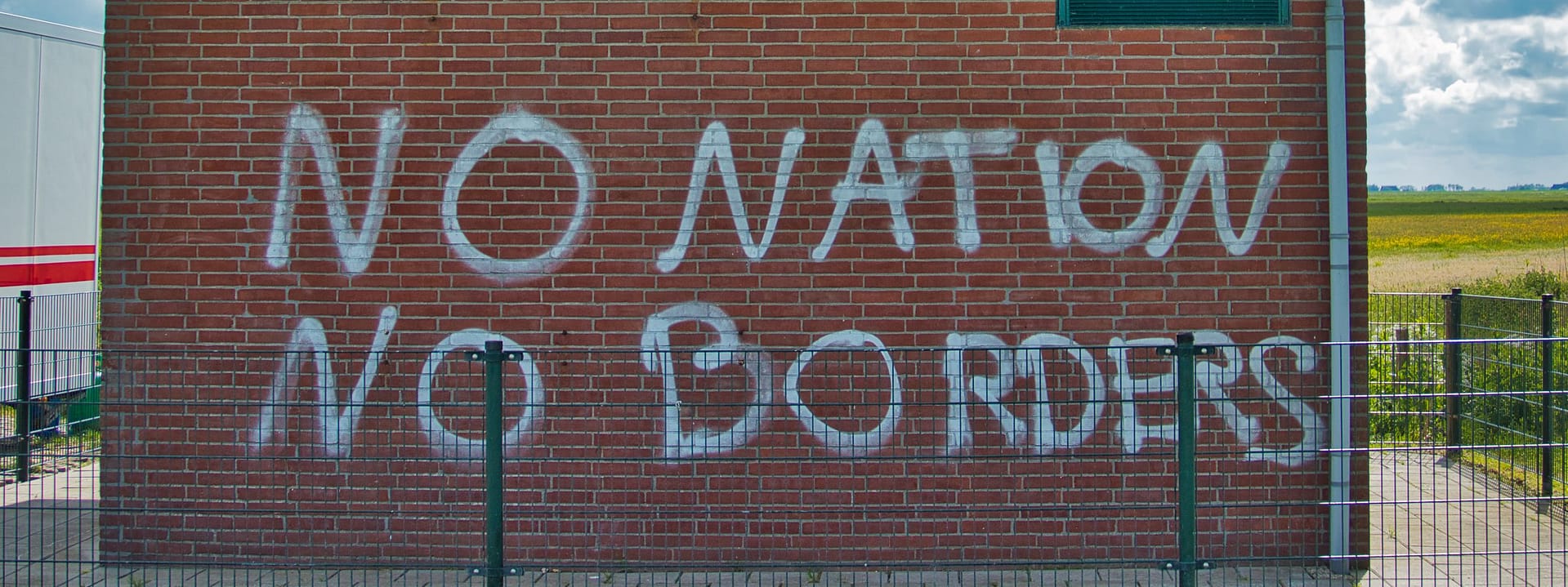Crossing Borders: Filipino American Activism for the Philippines
By Maia Mongado
The definition of Asian activism in the U.S. is extremely varied and diverse. What exactly does this mean?
Does it mean movements by Asians to support fellow Asians in the U.S.? Does this mean Asians in the
U.S. getting involved in the politics back home? Is it something as simple as supporting local businesses
financially, or getting involved in protests?
Many Asian Americans, especially those born in the U.S., are under the impression that since they have
immigrated, they can’t make an impact globally or on issues back home. But the reality is completely the
opposite; in a world that’s increasingly becoming globalized and tied closer together, Asian Americans
can make an impact all over the world.
This is exactly what many Filipino Americans living on the West Coast are aiming to do with activism for
democracy in the Philippines. Democracy in the Philippines has been a long struggle since its
independence in the 1940s; the transition from a foreign colonial government to a local, elected one has
obviously had its fair share of struggles and hurdles.
However, Filipino Americans have always been involved in political activism, both for issues in the U.S.
government and the Filipino government. In the 1960s and 70s, a dictator named Ferdinand Marcos had
taken power and had refused to give it up under the guise of maintaining order in the country.
Despite being across the Pacific Ocean, Filipino Americans rallied in many protests across California to
raise awareness. They formed multiple committees, such as the Coalition Against the Marcos
Dictatorship and the Katipunan ng mga Demokratikong Pilipino. Both U.S. based organizations, they
organized, rallied, and held demonstrations calling for Marcos to step down. Eventually, this activism and
the activism of countless other groups, both in the U.S. and in the Philippines, led to the ousting of
Marcos.
And exactly the same thing is happening today. Marcos’son, Ferdinand Marcos Jr., has become president
in an election that has been marred by corruption, bribery, intimidation, and shady voting practices. This
follows a period of already great unrest in the Philippines under the tenure of Rodrigo Duterte, who has
spouted alarmingly close rhetoric to presidents like Trump and has expressed his support for dictator
figures like Marcos.
However, as we saw before, what happened once can happen again; just as a dictator once took power, the
activism and will of the people can force him out once again. And even though we as Americans are
across the globe, we can show our support and make a change from here. During Duterte’s State of the
Nation Address, various protests were held in California, New York, Hawaii, and even in other countries.
Incredibly, the Katipunan ng mga Demokratikong Pilipino still exists and fights against the son of the
dictator it fought fifty years ago in various rallies around Sacramento.
This is why it’s more important than ever to become educated and get involved with activism, even across
the world. As what happens in other countries has the power to affect us, we also have the power to affect
what happens in other countries. Filipino and Filipino American issues have been focused on in this
particular case study, but in reality, this can be applied to so many issues happening abroad, whether it has
to do with politics, the changing of the environment, or countries struggling especially with the pandemic.
It can often be demoralizing to see misfortune befalling so many people on the news that we see everyday
on our TVs and our phones; however, it is just as important and empowering to realize that even from an
ocean away, we have the power to change it.
Organizations to support:
https://leadfilipino.org/
https://www.bayanihancc.org/
Bibliography:
ANCalerts. (2022, September 21). Filipino-American activists in California protest on Martial Law
Anniversary | ANC. YouTube. Retrieved November 13, 2022, from
https://www.youtube.com/watch?v=1C0TDkDH8O8
Hume, K. N. (2019, July 23). Filipino groups demonstrate outside Philippine consulate over Duterte
regime. San Francisco Examiner. Retrieved November 13, 2022, from
https://www.sfexaminer.com/multimedia/photo-galleries/filipino-groups-demonstrate-outside-philippine-consulate-over-duterte-regime/article_c7eb9b19-849c-5c10-935a-509021a3201f.html
Katipunan ng mga Demokratikong Pilipino (KDP) [Union of Democratic Filipinos] Third World Women’s
Alliance, Bay Area chapter records. Five College Compass : Digital Collections. (n.d.). Retrieved from
https://compass.fivecolleges.edu/object/smith:1349100#page/1/mode/2up
Salanga, J. (n.d.). Sacramento Filipino-American activists breathe new life into half-century struggle after
Marcos Jr’s election. CapRadio. Retrieved November 13, 2022, from
https://www.capradio.org/articles/2022/06/12/sacramento-filipino-american-activists-breathe-new-life-into-half-century-struggle-after-marcos-jrs-election/
Wikimedia Foundation. (2021, June 7). Coalition against the Marcos dictatorship. Wikipedia. Retrieved
November 13, 2022, from https://en.wikipedia.org/wiki/Coalition_Against_the_Marcos_Dictatorship
About The Author: Maia Mongado is a senior at Brown University majoring in Computer Science. She has also taken coursework in English, French, and Filipino studies. You can learn more about her here!

